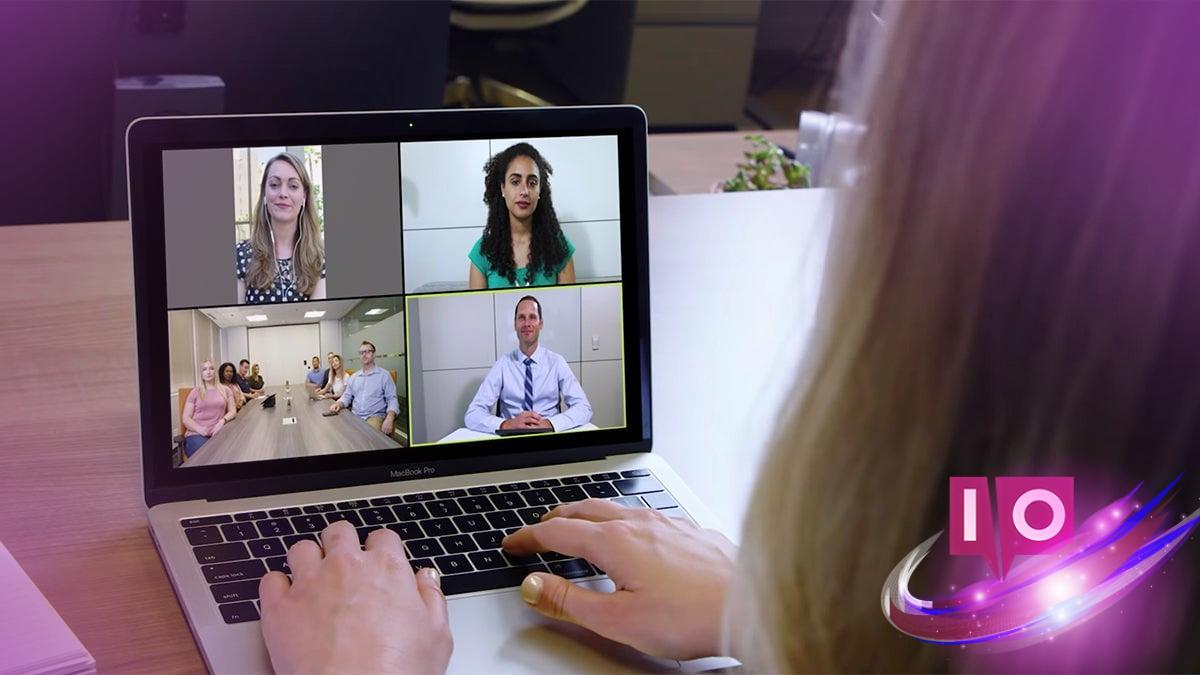In today’s digital world, privacy concerns are frequently at the forefront, and the latest developments surrounding Otter.ai highlight just that. The company, known for its AI-driven transcription services, is now ensnared in a class-action lawsuit filed in California, raising alarming questions about user consent and data privacy.
Many are asking: How does this affect users, and what are the implications of this lawsuit for the future of transcription services? Otter.ai, founded in 2016 and boasting over 25 million users, is facing allegations that it records private conversations without obtaining proper consent from all participants. In this blog post, we’ll explore the details of this lawsuit and what it could mean for the broader tech landscape.
1. The Lawsuit Explained
The lawsuit was initiated by Justin Brewer, a resident of San Jacinto, who claims his private conversation was recorded during a Zoom meeting where Otter Notetaker was in use. Notably, Brewer does not even hold an Otter account. He alleges that he was unaware of the software’s capability to capture and store discussions, which are then utilized to enhance the company’s AI systems.
2. How Otter Notetaker Works
Otter Notetaker, a key product of Otter.ai, records and transcribes live calls from services like Zoom, Google Meet, and Microsoft Teams. Typically, while the software does request recording permission from the host, it does not explicitly check with all participants. Furthermore, if the host has linked Otter to their meeting tools, the software can join the call without individual consent, heightening privacy concerns.
3. Legal Implications
The lawsuit accuses Otter of violating state and federal wiretap and privacy laws by failing to secure necessary permissions before accessing and learning from user conversations. The complaint states, “Crucially, Otter does not obtain prior consent, express or otherwise, of persons who attend meetings where the Otter Notetaker is enabled.” This serious claim emphasizes the potential legal ramifications for the company.
4. Otter.ai’s Response
In response to the allegations, a representative from Otter.ai stated that recordings only occur when initiated by an Otter user, asserting that users are responsible for obtaining any necessary permissions. However, the lawsuit counters this defense by suggesting that Otter is evading responsibility and shifting legal obligations onto its account holders.
5. User Experiences Raise Concerns
Even prior to this lawsuit, users had voiced misgivings about the service. For instance, an AI researcher reported that Otter recorded a Zoom call with investors and later shared a transcript containing intimate, confidential details discussed after he had exited the meeting. Such incidents intensify skepticism regarding the privacy practices of Otter.ai.
In another case, Politico’s China correspondent found that Otter had shared user data with third parties following an interview. These incidents prompt essential questions about data handling practices and what safeguards are in place to protect user privacy.
Is Otter.ai compliant with privacy laws? The ongoing lawsuit may soon provide clearer answers. It highlights that understanding the intricacies of technology tools is crucial for users who may unknowingly expose sensitive information.
What does this mean for transcription services moving forward? As technology continues to evolve, so does the need for robust privacy protections and transparency in user consent. This case could set significant precedents for how AI-driven tools function and interact with user data.
Are there alternatives to Otter.ai that respect user privacy? Yes, numerous transcription services prioritize user consent and privacy, offering solutions for users reluctant about their data exposure. Researching these alternatives can ensure you choose a tool aligned with your privacy values.
If you’ve ever wondered about the ethics of AI tools and data privacy, this lawsuit serves as a vital reminder to stay informed. As we navigate an increasingly complex digital landscape, understanding your rights and the technology you use is more crucial than ever.
For further insights into technology, privacy, and user rights, don’t hesitate to check out more content on Moyens I/O. Stay informed and engaged!
